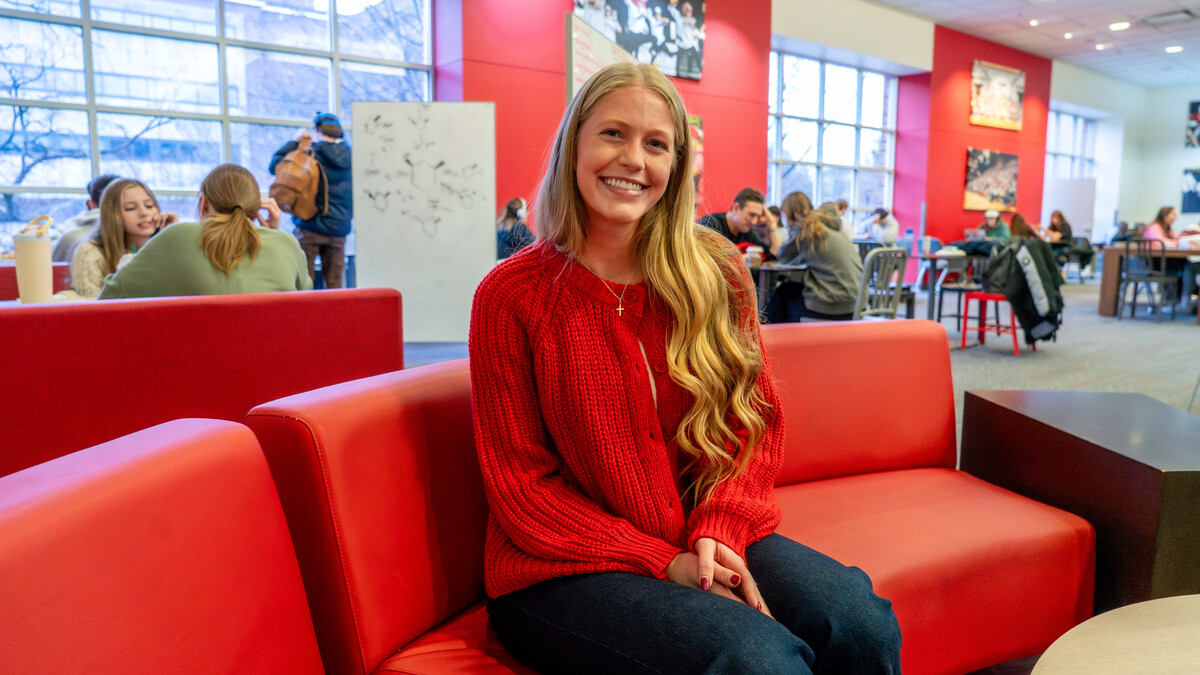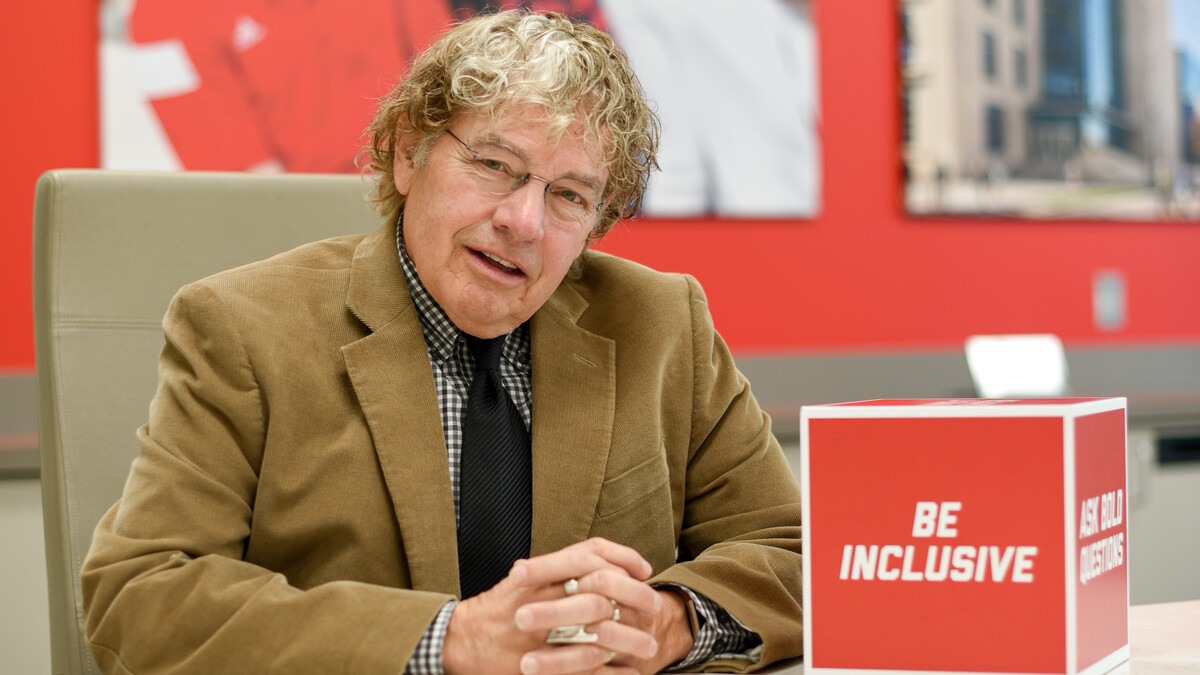
The School of Natural Resources’ second annual Elevator Speech Contest is 7 p.m. March 5 in the Hardin Hall Auditorium (room 107).
Students will present on their research in three minutes or less and vie for cash prizes. The event is free and open to the public, and is held in conjunction with Natural Resources’ Graduate Student Association Poster Symposium, which precedes the contest at 6 p.m. Research posters will be displayed in the Hardin Hall first floor lobby for the public to cast votes on.
“Communicating our science to the public is critical in today’s era of massive information explosion,” said John Carroll, director of the School of Natural Resources. “Our scientists must be able to communicate their findings and value of their research in very short time frames in an intelligent, but understandable fashion.”
Elevator speech judges include: Mark Brohman, executive director of the Nebraska Environmental Trust; Susan Seacrest, guidance counselor, Lincoln North Star High School; and Julie Thomas, UNL professor of teaching, learning & teacher education.
In addition to the three-minute time limit, students are allowed only one PowerPoint slide as a visual aid.
“It is great experience for students because oral communication skills are a vital part of the types of jobs most of our students will obtain,” Carroll said.
Jake Bruihler, a geography graduate student, said that he understands the importance of public speaking skills to prospective employers.
“I’m motivated to participate in the contest to improve my ability to quickly tell people about my research,” Bruihler said. “More practice will only make me better at communicating what I do, which could help me land a sweet job.”
Carolyn Reiland-Smith, a senior biology and fisheries and wildlife major, participated in the inaugural 2014 contest. This year, she’ll be presenting on invasive ecomorphs and dominance traits that allow some invasive species to push others out.
“It’s an opportunity to represent the school and show other students the great opportunities they can take advantage of here at SNR,” Reiland-Smith said. “I think these events are important for students to show how important and relevant their own work can be. It’s a bit amazing to present for a large lecture hall, and to be able to share what each of us is passionate about.”
The contest consists of three categories: undergraduate, master’s and doctoral students. In each category, the cash prizes are $1000, $300, $200 and $100 for first, second, third and fourth place, respectively.
Jenna Schweiss, a sophomore fisheries and wildlife major, said that the contest provides more than just an opportunity to win money.
“Competitions like this are extremely beneficial to an individual in more ways than one,” Schweiss said. “Not only do you accelerate your growth as a speaker, but you learn where you are at skill-wise and how you can improve. You also develop confidence in yourself and your abilities – even from criticism you may receive – and you learn the power that spoken words can have on an audience.”







